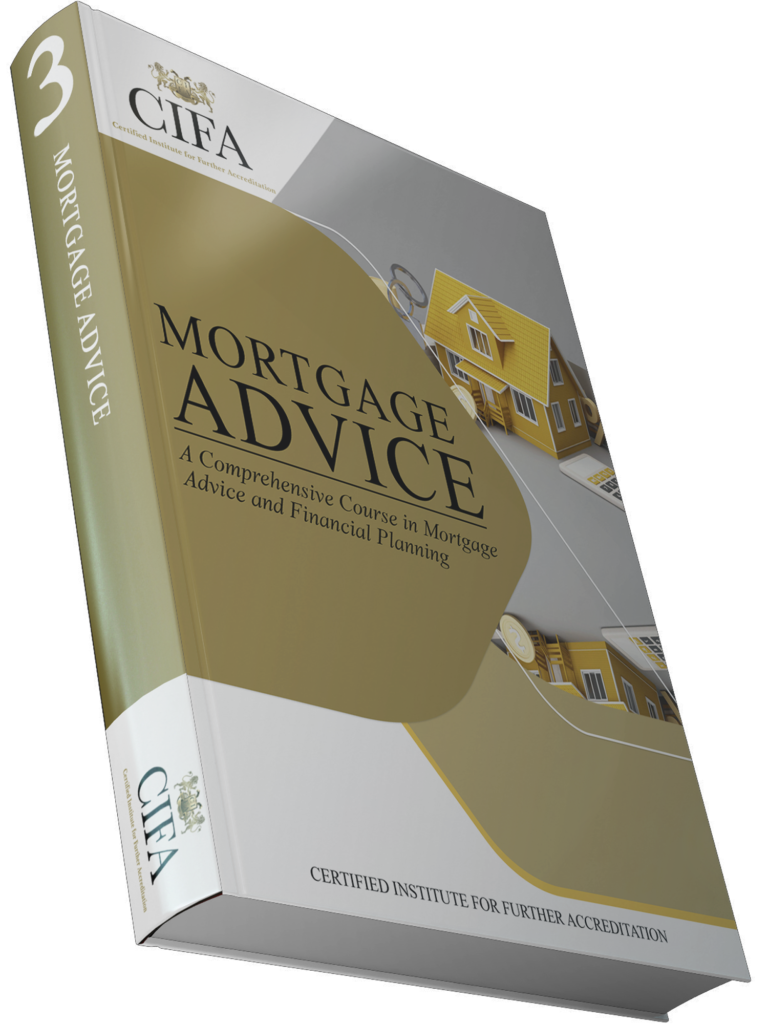Mastering Google’s EEAT Factor: A Guide to Becoming a Mortgage Advisor
The Mortgage Advisor course industry is a vital component of the financial sector, and with the increasing demand for expert mortgage advice, becoming a certified mortgage advisor is a rewarding career choice. However, to stand out in an increasingly competitive market, mortgage advisors must ensure their digital presence adheres to Google’s EEAT (Experience, Expertise, Authoritativeness, and Trustworthiness) guidelines. This not only boosts online credibility but also helps prospective clients find and trust their services.
In this blog, we explore the importance of EEAT for mortgage advisors, how to structure a strong online presence, and the essential steps to becoming a qualified mortgage advisor.
Understanding Google’s EEAT and Its Role in Mortgage Advisory
Google’s EEAT framework assesses the credibility and trustworthiness of online content. Given that mortgage advice has direct financial implications, it’s crucial for advisors to establish themselves as knowledgeable and reliable professionals. A well-structured digital footprint not only attracts potential clients but also ensures compliance with Google’s ranking factors, boosting visibility.
1. Demonstrating Experience: Showcasing Real-World Expertise
Prospective clients trust mortgage advisors who can showcase real-world experience. Here’s how you can highlight your expertise effectively:
Share case studies of successful mortgage approvals and client success stories.
Provide detailed testimonials from satisfied homeowners.
Highlight real-life scenarios where your advice led to significant financial benefits for clients.
For example, if you’ve helped a first-time buyer secure a mortgage despite credit challenges, write a blog post outlining the steps you took and how it impacted their financial future.
2. Establishing Expertise: Proving Your Knowledge in the Field
Expertise is a cornerstone of Google’s EEAT and a crucial factor for mortgage advisors. Demonstrating your knowledge builds confidence among potential clients and improves search rankings. To establish expertise:
Obtain recognized mortgage qualifications such as the Certificate in Mortgage Advice and Practice (CeMAP).
Publish well-researched articles on topics like mortgage rates, lending criteria, and home-buying processes.
Offer in-depth guides that help buyers understand different types of mortgages, such as fixed-rate vs. variable-rate loans.
A practical example would be writing an informative article on “How to Improve Your Mortgage Eligibility,” covering actionable steps that clients can take before applying for a loan.
3. Building Authoritativeness: Becoming a Respected Industry Voice
Authoritativeness in the mortgage advisory space means being recognized as a leading voice. Here’s how you can strengthen your authority:
Engage in thought leadership by contributing to reputable financial blogs, newspapers, and online mortgage forums.
Participate in podcasts, webinars, and industry panels discussing mortgage trends.
Feature prominently on authoritative financial platforms such as MoneySavingExpert or The Mortgage Advice Bureau.
Additionally, obtaining professional accreditations and joining industry bodies such as the Financial Conduct Authority (FCA) in the UK adds credibility to your profile.
4. Cultivating Trustworthiness: Ensuring Client Confidence
Trust is the foundation of any successful mortgage advisory business. Clients need reassurance that they are working with a professional who has their best interests at heart. To build trustworthiness:
Clearly outline your credentials, qualifications, and regulatory compliance.
Provide detailed disclosures regarding mortgage fees, terms, and conditions.
Encourage and showcase client reviews on platforms like Trustpilot and Google Reviews.
Ensure transparency by offering free consultations and honest advice on mortgage options.
For instance, a blog post titled “Hidden Costs in Mortgage Applications: What You Need to Know” can help establish trust by educating potential clients about possible pitfalls.
Leveraging NLP for EEAT-Optimized Content
Natural Language Processing (NLP) plays a crucial role in making your content engaging, accessible, and optimized for search engines. Mortgage advisors can leverage NLP by:
Writing in a conversational and clear tone, making complex mortgage topics easier to understand.
Structuring content with proper headings, bullet points, and lists to enhance readability.
Answering common client questions in a natural way to improve search engine rankings.
Avoiding keyword stuffing and focusing on organic, helpful content.
For example, instead of stating, “A mortgage is a secured loan for purchasing property,” an NLP-optimized version would be:
“Ever wondered how people afford their dream homes? A mortgage is a loan that helps buyers spread the cost of a property over several years, making homeownership more achievable.”
Steps to Becoming a Mortgage Advisor in the UK
If you’re considering a career as a mortgage advisor, here’s a step-by-step guide:
Gain the Necessary Qualifications – In the UK, obtaining a CeMAP qualification is the first step to becoming a licensed mortgage advisor.
Register with the Financial Conduct Authority (FCA) – This ensures you meet the regulatory requirements to provide mortgage advice legally.
Gain Experience – Work with a mortgage brokerage, bank, or financial institution to gain hands-on industry experience.
Build an Online Presence – Create a professional website, engage on social media, and write authoritative blogs on mortgage-related topics.
Network and Stay Updated – Join industry associations, attend mortgage events, and continuously update your knowledge of market trends.
Conclusion: The Road to EEAT Success for Mortgage Advisors
Becoming a mortgage advisor requires more than just passing a certification exam. To truly succeed, you must build an online presence that aligns with Google’s EEAT guidelines—showcasing experience, expertise, authoritativeness, and trustworthiness. By doing so, you not only increase your search visibility but also foster stronger connections with potential clients.
A mortgage is one of the most significant financial commitments a person makes. By providing valuable, reliable, and well-structured content, you can position yourself as a trusted mortgage advisor who helps clients make informed, confident decisions.
Incorporating EEAT principles isn’t just about SEO—it’s about ensuring that clients find the best guidance from a professional they can trust. By following these strategies, you’ll not only improve your online credibility but also establish a strong reputation in the mortgage advisory industry.

